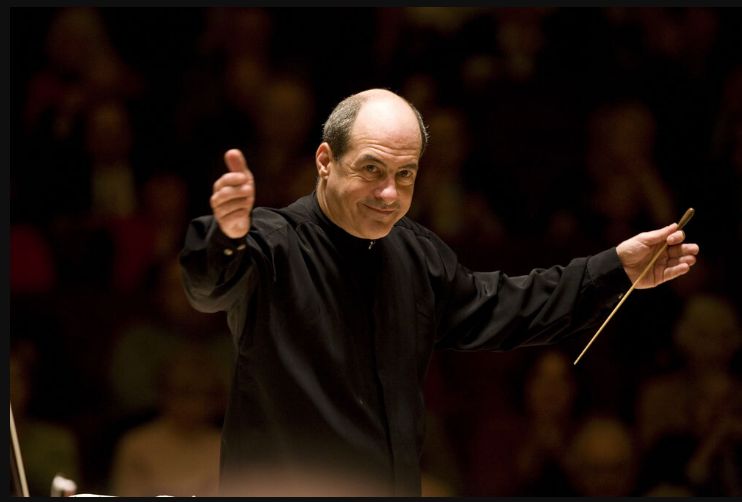Intersection of Music and Science
This discussion between Atlanta Symphony Orchestra Music Director and Emory University Distinguished Artist in Residence Robert Spano, Steve Everett, Professor of Music at Emory University and Martha Grover, Associate Professor of Chemical & Biomolecular Engineering at Georgia Tech and member of the NSF/NASA Center for Chemical Evolution explores the overall connections between music and science and specifically looks at ways in which these relationships might benefit in illuminating and explaining scientific concepts. In addition to exploring musical works that have drawn significantly from some aspect of scientific research, a collaborative project between Everett and Grover that seeks to use music to help explain research on the chemical origins of life undertaken is highlighted. [April 8, 2011, Atwood Chemistry Center]
Uploaded on Apr 18, 2011
Robert Spano is a renowned American conductor and pianist known for his dynamic interpretations, innovative programming, and commitment to contemporary music. While he has not explicitly focused on the intersection of music and science in his work, he has been involved in projects that explore interdisciplinary connections and collaborations between music and other fields.
Spano has championed contemporary composers and works, often incorporating them into the repertoire of major orchestras. Through his leadership as the music director of the Atlanta Symphony Orchestra (ASO) from 2001 to 2021, he initiated numerous initiatives to expand the orchestra’s reach and engage with diverse communities. These initiatives included commissioning new works, interdisciplinary collaborations, and educational programs that may have touched on connections between music and science.
While Spano’s primary focus has been on musical performance and conducting, he has demonstrated an interest in broader intellectual and artistic pursuits. His involvement in innovative programming and interdisciplinary collaborations suggests an openness to exploring connections between music and other disciplines, including science.
It’s worth noting that the intersection of music and science is a rich area of inquiry that encompasses diverse topics such as acoustics, psychology of music, neuroscience of music perception, and music technology, among others. Many composers, performers, and researchers have explored these connections, creating works that draw inspiration from scientific concepts or employing scientific methods to understand musical phenomena.

While Robert Spano may not be specifically known for his contributions to this intersection, his work as a conductor and advocate for contemporary music demonstrates a broader commitment to exploring the boundaries of artistic expression and intellectual inquiry.